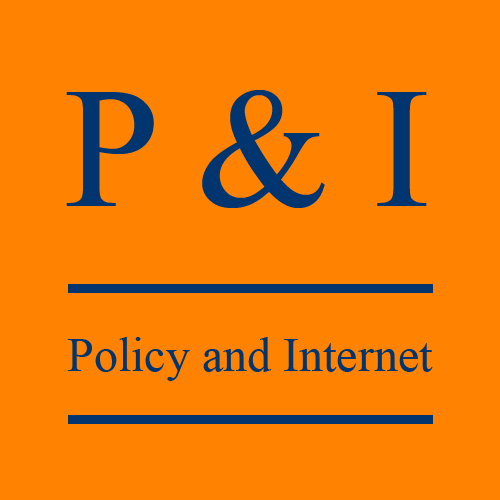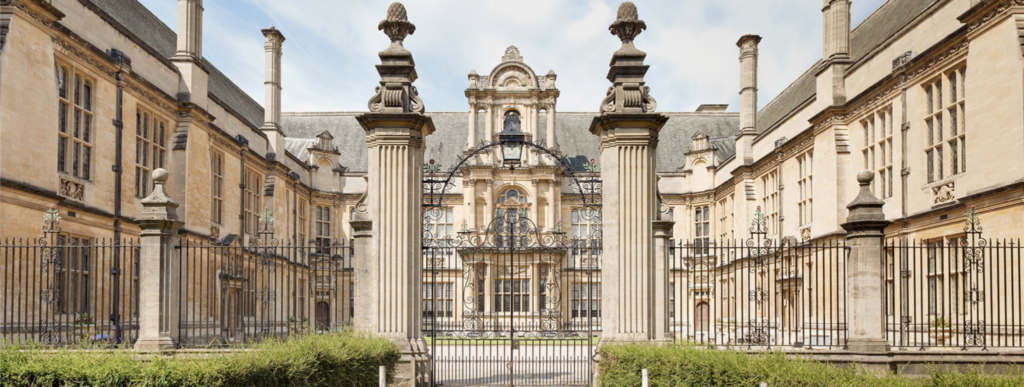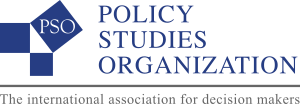
The Oxford-Sydney Internet Policy & Politics Conference
LINKS:
See the 2024 Program and Videos
View previous programs:
2024, 2023, 2018, 2016, 2014, 2012, 2010
Our conferences do not require registration fees or membership, but we do need your registration for catering and AV hookups. You are invited to come early and enjoy light breakfast, to take advantage of the refreshments during breaks, and for the lunch and the closing reception. Presentations are professionally videoed and are made available on the Policy Studies Organization site. We try to create a congenial atmosphere for networking. In person or via the net, do register.

A map of the Oxford University Examination Schools, surely one of the most extraordinary buildings of any university, is at https://www.venues.ox.ac.uk/our-venues/examination-schools/
The art collection on display in the rooms of the Examination Schools is notable: https://artuk.org/discover/artworks/search/venue:examination-schools-university-of-oxford-7486/page/5
A history of the Examination Schools is at:
https://www.oxfordhistory.org.uk/high/tour/south/077_082.html
AIMS AND SCOPE:
Convened by the Policy & Internet Journal, and co-sponsored by the Policy Studies Organization, the Next Century Foundation, American Public University System, and the APUS Center for Cyber Defense, The conference aims to promote interdisciplinary conversation about the implications of the Internet and related technologies for public policy, bringing together scholars, practitioners, NGOs, social and business leaders from a variety of backgrounds, to subject the relationship between the Internet, policy, and politics, to multidisciplinary scrutiny.
The rapid change of technologies and the disruption it causes has significant impact on our public policy, in areas such as working life, the economy, security, healthcare, transport, development, law and justice, education, and democracy, as well as for citizen-government relations, and how the internet itself is governed.
USE IN CURRICULUM AND TEACHING:
One of the objectives of these conferences is the hope of the American Public University System that the presentations will enhance teaching and be useful in student and faculty programs. The activity is offered to the worldwide tertiary community realizing we all have a considerable stake in the evolving Internet.
TOPICS:
We seek proposals in areas where the internet already impacts public policy, where it raises new challenges or dilemmas, or provides new opportunities for policy. We welcome perspectives from any academic discipline that addresses issues in all sectors and at all levels of society and government. Proposals on Artificial Intelligence are of particular interest. Topics include but are not limited to:
- Digital Divides
- e-Government
- Online Education
- Cybersecurity
- Big Data
- Misinformation and Online Extremism
- Platforms
- Regulation
- The Gig Economy
- Crowdsourcing
- Censorship
- Digital Currencies
SUBMISSIONS:
Please email a written proposal (1-2 pages) or a topic you would like to discuss to the PSO Executive Director Daniel Gutierrez at dgutierrezs@ipsonet.org dgutierrezs@ipsonet.org.
Participants presenting on cybersecurity topics are invited to submit their research to the Global Security and Intelligence Studies journal for consideration in a special issue on Cybersecurity in 2023. More information will be provided as the conference gets closer. To learn more about this peer-reviewed journal please visit: https://gsis.scholasticahq.com/
PARTNERS AND CO-SPONSORS:
The event is co-sponsored by the Policy Studies Organization, the Policy & Internet journal, the Global Security and Intelligence Studiesjournal, the Next Century Foundation, the American Public University System, and the APUS Center for Cyber Defense (CCD).
The National Security Agency and the Department of Homeland Security have designated American Public University System as a Center of Academic Excellence – Cybersecurity (CAE-C).The APUS Center for Cyber Defense (CCD), organized under the School of Science, Technology, Engineering and Math, is a university-wide resource designed to foster cybersecurity awareness across the various disciplines. The mission of the CCD is to provide program guidance and oversight, cyber defense information, collaboration, research, and outreach opportunities for students, faculty, and other organizations.
